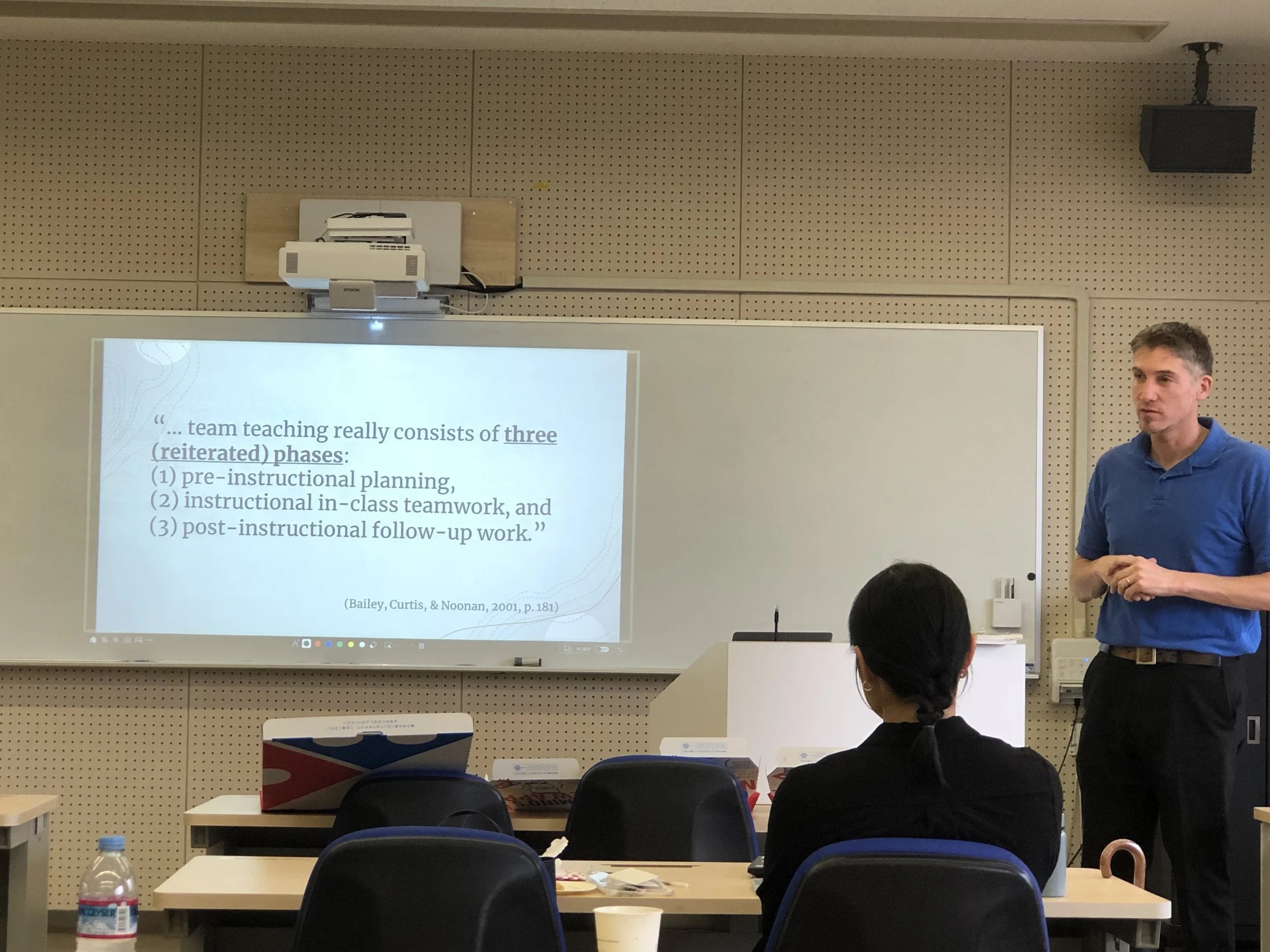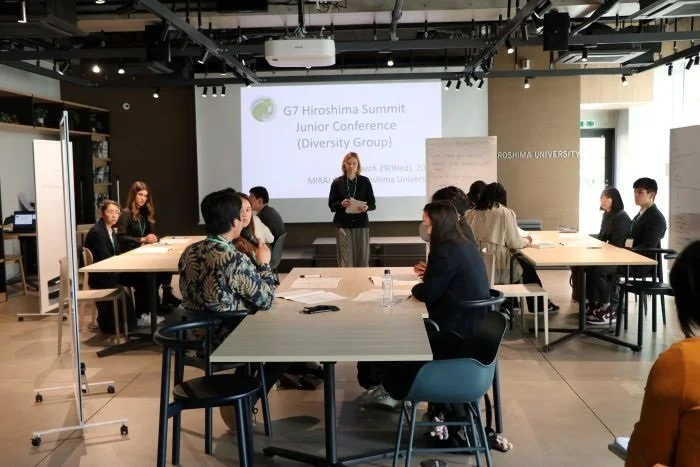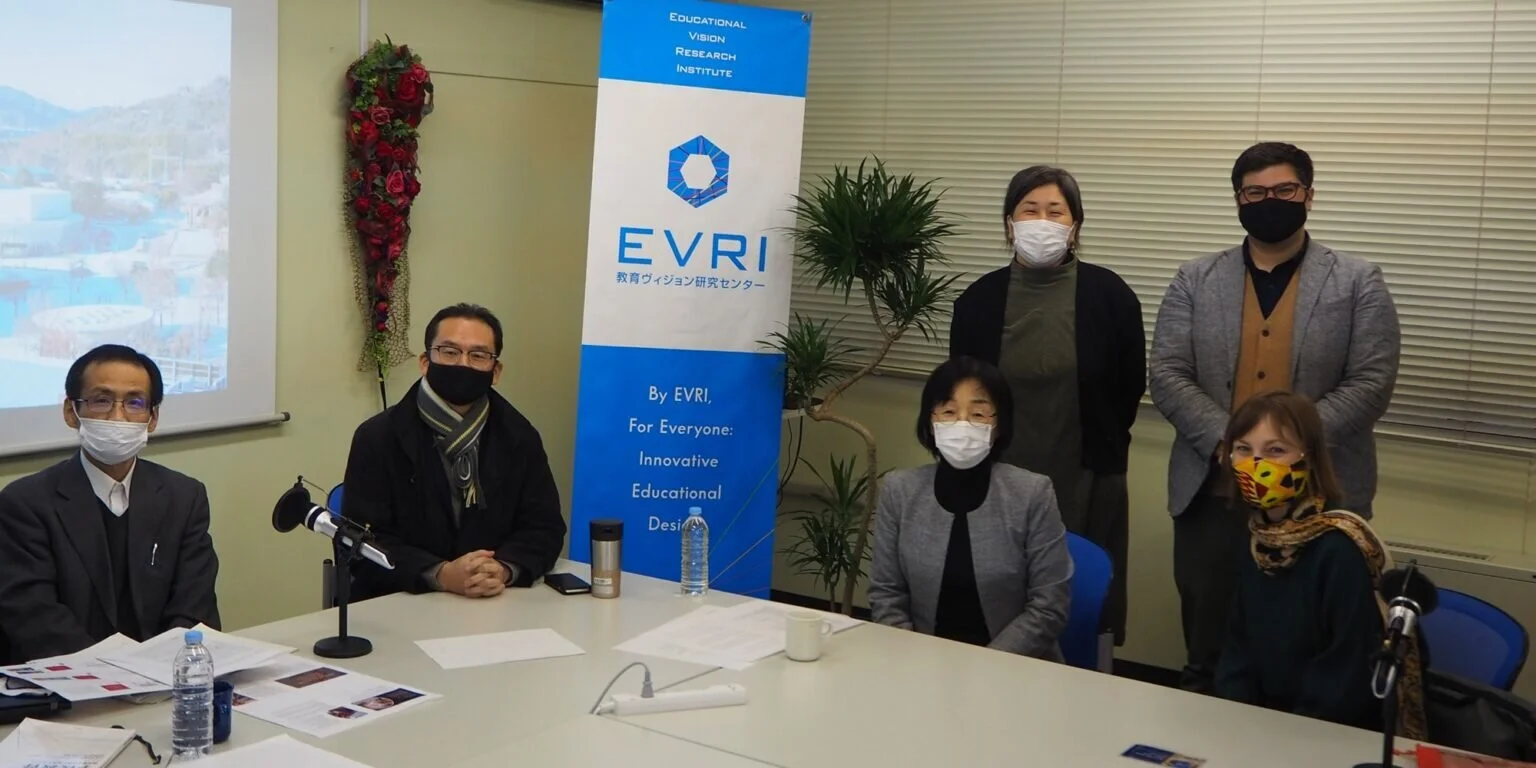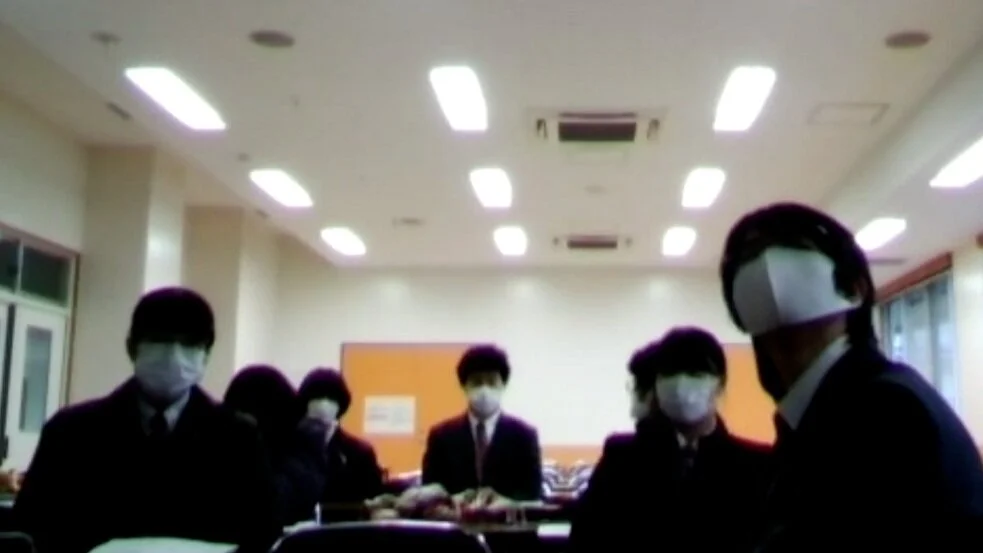Our diverse faculty and staff are here to guide you toward new horizons in the educational sciences.
Hisashi Kuwayama
Dr. Kuwayama received his doctoral degree in Education from Hiroshima University and specializes in educational development in developing countries and international cooperation. While remaining cognizant of the fact that the historical and socio-cultural contexts of education vary regionally and across countries, Hisashi finds ways to apply the Japanese educational experience to the practice of international educational cooperation and works on projects with Japanese and global teacher educators and researchers.
Dr. Kuwayama is a member of the Educational Vision Research Institute and has done work on teacher education reform, science education support, and school curriculum and textbook revision in Cambodia. Teaching a wide array of courses on sustainable development and education, and with a research focus on materials development and dissemination, Dr. Kuwayama strives to train students, provide tools, and contribute to connecting teacher educators and education researchers in Japan and around the world.
Tinka Delakorda KAwashima
Tinka Delakorda Kawashima holds a PhD in Sociology from the University of Ljubljana, Slovenia. Graduating from Japanese and Chinese Studies in Asian and African Studies Department at the University of Ljubljana, she continued her doctoral study in the field of Religious Studies at Tsukuba University in Japan. Her thesis was based on longitude fieldwork research of pilgrimage and sacred sites in Japan and Europe and examined how modernization processes influenced traditional popular religiosity. Looking at changing community and family structures, state regulations, and the impact of consumerism, she explores the ways ordinary people relate to religious and spiritual realms today.
At Hiroshima University, Tinka teaches subjects in the Globally-Minded Teacher Training Program that focus on cultural and religious diversity and intercultural dialogue.
Dr. Delakorda Kawashima is collaborating with teachers and students in public elementary and high schools across Hiroshima Prefecture and participating in practical workshops abroad to develop new methods for teaching in a multicultural society of Japan.
She is a principal investigator of the KAKEN project Religious education for intercultural understanding: Exploring class models for fostering self-awareness and engaging with difference and a collaborating researcher in the Research Center for Diversity and Inclusion at Hiroshima University.
Brett R. Walter
Dr. Brett Walter earned his master’s degree in Elementary Education and his PhD in Curriculum and Instruction, with a focus on Foreign and Second Language Education, at Florida State University. He has taught English in Japan for five years, initially through the JET Program at the kindergarten, elementary, and junior high school levels and then at a private English conversation school in Hiroshima. During his time at Florida State University, he taught courses to undergraduate students in Japanese as a foreign language and a course in the Department of Education for TESOL certification. His research interests include instructional methods for teaching foreign languages, methods for improving teacher training, improvement of study abroad programs in higher education, and introducing multicultural education at the university level.
Dr. Walter currently has a JSPS KAKENHI grant supporting his research into improving cultural awareness in teacher training at the university level.
Beyond his responsibilities for the Global Education Course, Dr. Walter is involved in the following university-wide working groups and Study Abroad programs:
Institute for the Promotion of Intercultural Education Committee member
Educational Competency Development Committee member
Hiroshima University START Program – Committee member and head instructor for the New Zealand program
Hiroshima University International Network of Educational Institutes(INEI)Committee member
Hiroshima University Study Abroad Program (HUSA) – participant in Practical Research Group Project feedback sessions
Qualified Teaching Assistant Program – Committee member and instructor for Teaching Assistant certification workshops
Russell S. Kabir
Russell S. Kabir is a native of Oklahoma City, Oklahoma, and an assistant professor in the School of Education and Graduate School of Humanities and Social Sciences at Hiroshima University. He studied abroad with Harvard Summer School 2009 at Waseda University in Tokyo, Japan, graduated cum laude with bachelor’s degrees in biology and international and area studies from the University of Oklahoma in 2011, and completed his Ph.D. in Psychology from Hiroshima University in 2020. He previously taught English communication and academic skills at the University of Oklahoma Center for English as a Second Language and English activities at elementary and junior high schools in Akita Prefecture on the JET Program.
An interdisciplinary researcher, Russell received special training at institutions such as the Oak Ridge Institute for Science and Education in Tennessee, U.S.A., and served as a trainee in a directorate of the OECD in Boulogne-Billancourt, France.
Russell is currently researching the role of domains of self-efficacy, the development of well-being, cognitive control, identity, and intercultural competencies. His laboratory can be viewed here.
Some of the areas of Global Education Course involvement for Dr. Kabir include:
Instructor of Record for the course, “International Perspectives in Positive Education”
Contributor to the Institute for the Promotion of Interculturalism in Education (I-PIE)
INEI Committee Member
International collaborator and chapter contributor on projects affiliated with “Positive youth development in a cross-national perspective”
For more on Russell’s teaching materials and academic research, follow him on ResearchGate or Loop, and see his JSPS KAKENHI projects.














